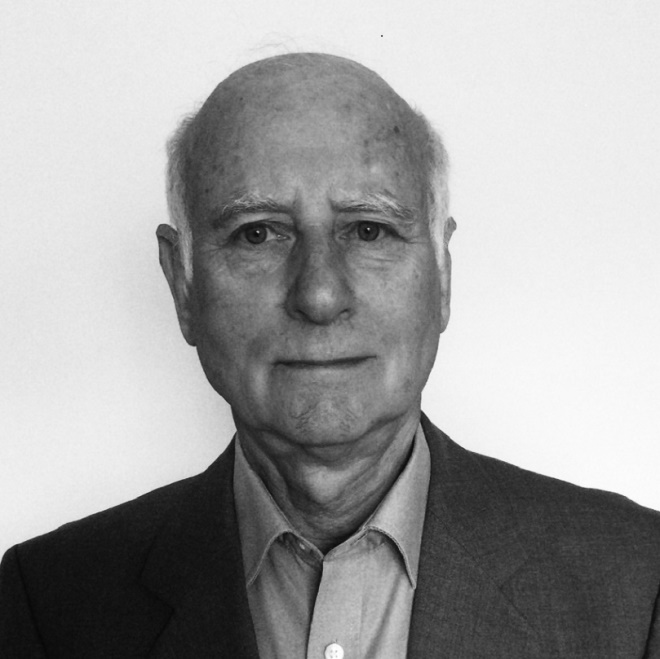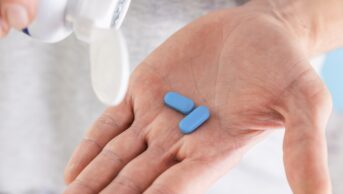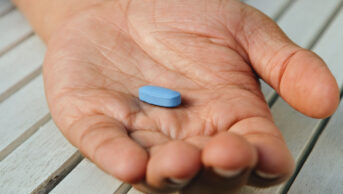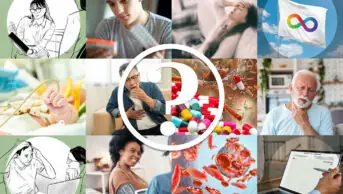
Shutterstock.com

Source: Shutterstock.com
The old man sat alone in a corner of the bar, looking forlornly into an empty glass. Having recently returned from abroad, I enquired if I could buy him a drink and if I might join him. He smiled and nodded his agreement. I bought the drinks and took a seat beside him.
The conversation soon turned to occupations and I learnt that he had trained as a pharmacist. He told me that numbers studying pharmacy had dwindled rapidly during the second half of the 21st century and that by the time he started training in 2068 there was only one school of pharmacy left. By the time he retired, in 2115, he was the last remaining pharmacist on the register.
“But how had it come to this?” I asked. “Surely people still needed to take medicines for their ailments?”
“In fact,” said the old man, “there are now few conditions afflicting humans for which we do not have a genetic, biological or technological solution.”
He explained that diabetes was largely eradicated when the obesity crisis was addressed through industry regulation and targeted taxation. Cancer had effectively been solved through genetic manipulation and pharmacogenomics. Mental health issues had been addressed by direct action on the brain; and infections had been eradicated with the advent of mutation-detecting vaccines.
“But what happened to all the chemists’ shops that were present on every high street?” I asked.
“Ah yes,” said the old man. “High streets ceased to be places where people bought anything, and with no prescriptions to dispense, no community pharmacy could survive. One by one, they all closed.”
“And what about hospital pharmacy?” I queried. “Surely there was still a need for pharmacists there?”
“Sadly not,” said the old man. “Medical staff had instant access to infallible information about diagnosis, therapy and administration through health apps on hand-held devices. All possible errors had been eradicated, and supply was undertaken by robots guided by artificial intelligence.”
“Didn’t many pharmacists work in surgeries alongside general medical practitioners and advise patients how to use their medicines?” I asked.
“Oh yes,” he replied, “but medicines slowly became both redundant and environmentally hazardous, as they had a devastating impact on marine life.”
“And what about the supply of genetic screening kits, of vaccines and sera, and of personalised medicines?” I enquired.
“Ah, all those are now ordered online direct, and they are delivered direct to patients’ homes by drone.”
“But what about pharmacy’s public health role?” I asked. “What happened to the use of pharmacies for promoting healthy living?”
“But that depended on people visiting a pharmacy, and with the loss of the high street and no prescriptions, there were no pharmacies”.
The old man was proud to have been the last pharmacist and, despite having had a challenging life, he had no regrets about his choice of career. With that I left him to his memories and I reflected that soon I might be the last survivor of those who chose pharmacogenetics as their career.

Stuart Anderson, emeritus professor of history of pharmacy, Centre for History in Public Health, London School of Hygiene & Tropical Medicine.
Stuart’s piece placed second in the qualified pharmacist category of our 2018 writing competition ‘Future Pharmacist’. Read more entries here.



